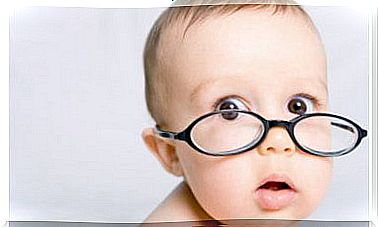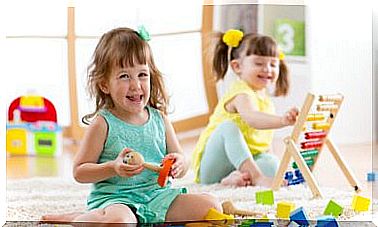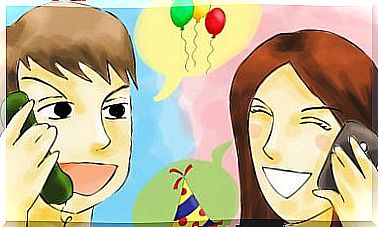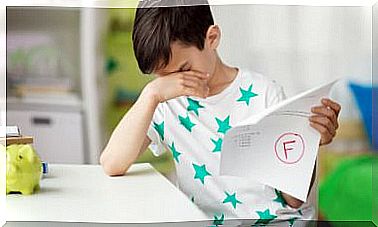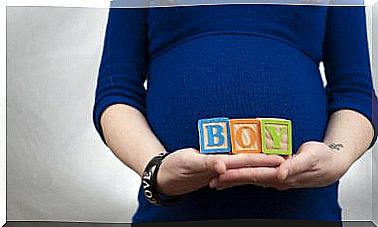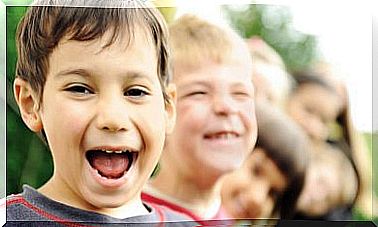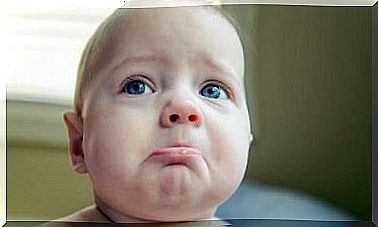Teach Your Child The Importance Of Observing
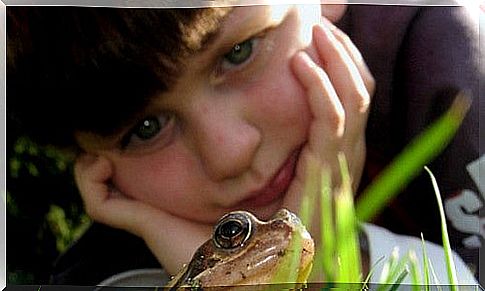
The importance of observing lies in how much a child can learn if he develops this ability well. Let’s start from the point that all minors are learning to behave as their equals through observation, because our species, unlike others, needs to acquire and develop complex skills to act as it is.
As a child grows, he loses the “gift” of detailed observation and focuses more on what living is itself : on doing, behaving, thinking, deciding, making use of all the linguistic, bodily and reasoning tools that he is learning.
Being the protagonist of his own life and entering a world always in a hurry, the modern child stops observing, and chooses only to look at what is happening around him. However, there is a way to modify that reality and to make sure that the skill of observation is not lost in it. How? We tell you.
Why is it important that my child does not lose the ability to observe?
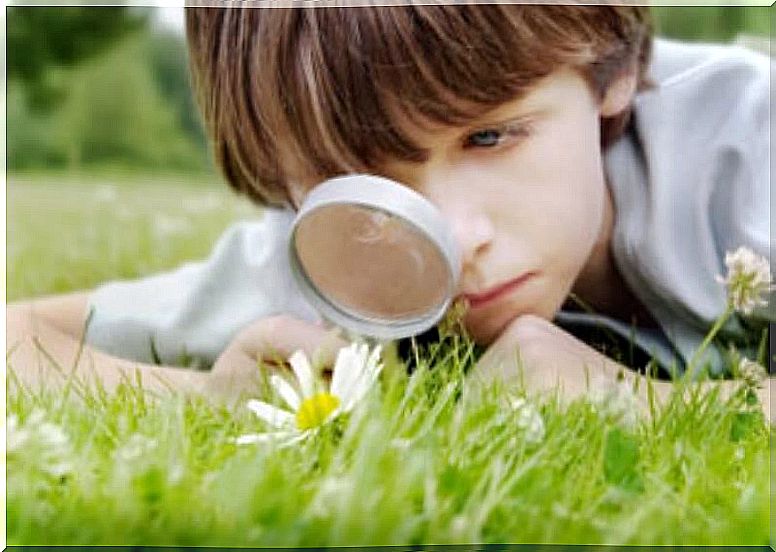
It is important that your child does not lose the ability to observe because through observation he will be able to filter all the information and stimuli he receives to form an idea, reach a conclusion and enrich his thinking.
For example, a child who observes how caregivers and other children in their nursery behave learns more than one who does not.
He stops to perceive the way in which his companions react to various stimuli, the relationship they have with their caregivers, the results of this exchange, and what effect this or another behavior produces. In this way, it is comparing all that information to reach a better understanding.
The child who from an early age develops the ability to observe, when he grows up, learns not to act a priori, but to reason more, think, reflect on how his behavior should be a posteriori (based on his experiences), the moral implications resulting from his act and the decisions to be made.
Teach your child the importance of observing
Observation is not only the mental function that directs the gaze in a certain direction for its own sake; thanks to it, a person can concentrate and become aware of something. Through selection, organization, and interpretation that person makes a range of knowledge their own.
Teach the child the importance of observing so that he spends time in knowing the world around him, in recording in his memory the events that happen around him. Explain that each situation is important because a lesson can be learned from any of them.
It is important that you learn to draw conclusions and build your own points of view from your experiences, paying attention, of course, to the opinions and dogmas of others, but without letting them decide for you.
He must observe to reaffirm his knowledge, learn and internalize the knowledge in order to use it later in his daily life.
How to achieve this?
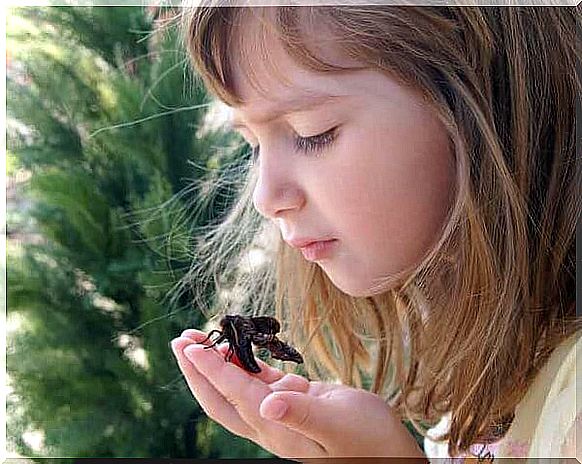
Your role, as a mother, is to encourage your child to observe as much as possible. We do not mean that you teach him to always put himself in the background to observe the lives of others by letting his own pass, but he must develop the ability to observe as he lives.
Teach him that everything that happens around him can be important and a lesson can be learned from any situation.
This should be shown to him little by little because a small child of 3 or 4 years old will hardly be able to understand what you want to say to him. However, it is at this stage that a routine for observation best begins to be formed.
Take some time to sit next to him and observe, for example, how the lizard climbs the trunk of the tree and stays still to catch the flies, or the many shapes that clouds take on a cloudy and breezy day.
Only by indicating what it is to observe will you be able to acquire this practice. Yes, spend hours teaching him the importance of observation. Helps to arouse curiosity; encourage him to investigate and get to know the world as it is.
